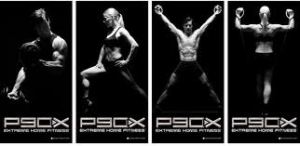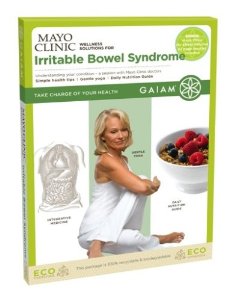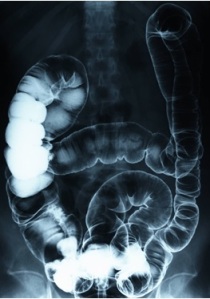
“One study found that blogging might trigger dopamine release, similar to the effect from running or listening to music.”
It’s been 15 months since my official Ulcerative Colitis diagnosis, almost 18 months since the symptoms began, and almost 15 months to the day that I wrote my first post on this blog. I didn’t realize it at the time, but my sudden urge to blog – rather than simply journal, or continue writing creatively in hopes to get published – may have had deeper roots connected to my overall health. In two separate articles: Science Shows Something Surprising About People Who Love to Write and Writing Your Way to Happiness, researchers have discovered a strong link between writing and improved mental and physical health.
No longer an outlet for the overly imaginative or heartsick, writing – especially about personal experiences/traumas – has surprising benefits, including spending “less time in the hospital, enjoy[ing] lower blood pressure and ha[ving] better liver functionality than [non-writing] counterparts” (Science Shows). Additionally, writing has the power to “make physical wounds heal faster,” a serious plus for those of us inflamed, ulcerated and bleeding (Science Shows).
Why? Well each article has a slightly different take, but basically writing about yourself is cathartic, thereby stress-relieving, and ultimately, becomes a mirror: “by writing and then editing our own stories, we can change our perceptions of ourselves and identify obstacles that stand in the way of better health” (Writing Your Way). And let’s face it, people dealing with injuries and illnesses have a great deal to process, and subsequently a whole lot to vent about, sometimes on an hourly basis. If we’re journaling or blogging, at the very least we’re not abusing the sympathetic ears of friends and family. Either no one reads it – or a select few – or you can cast your message-in-a-bottle into the Cloud for everyone, or none, to consume. The point isn’t so much to be heard as it is to relieve your anxieties, reflect upon them, and move on. I took a several month break from blogging because it got to the point where so much of my Ulcerative Colitis pain, embarrassment, and hassle was behind me (a.k.a. remission) that I didn’t want to dwell. Blogging began feeling like taking a step back into a period of time that I’d rather put behind me. Now, having that distance, I can look back objectively, sans negative emotional memories and ties.
The key component in all of this? Don’t feel like you need IBD or heart disease as an excuse to blog about your health or life. Just because others are experiencing technically more “significant” ordeals (i.e., cancer treatment) doesn’t lessen the significance of what you’re personally going through. This isn’t a competition, everyone has their burden to bear and it’s not up to us to judge whose is “worse,” or more “worthy.” Struggling with weight loss? Blog about it. Hair loss? Back pain? Infertility? Get on it. Sit down at your computer, or grab a notebook and pen, and GO: “Studies have shown that people with asthma who write have fewer attacks than those who don’t; AIDS patients who write have higher T-cell counts. Cancer patients who write have more optimistic perspectives and improved quality of life” (Science Shows). So, what are you waiting for?










You must be logged in to post a comment.